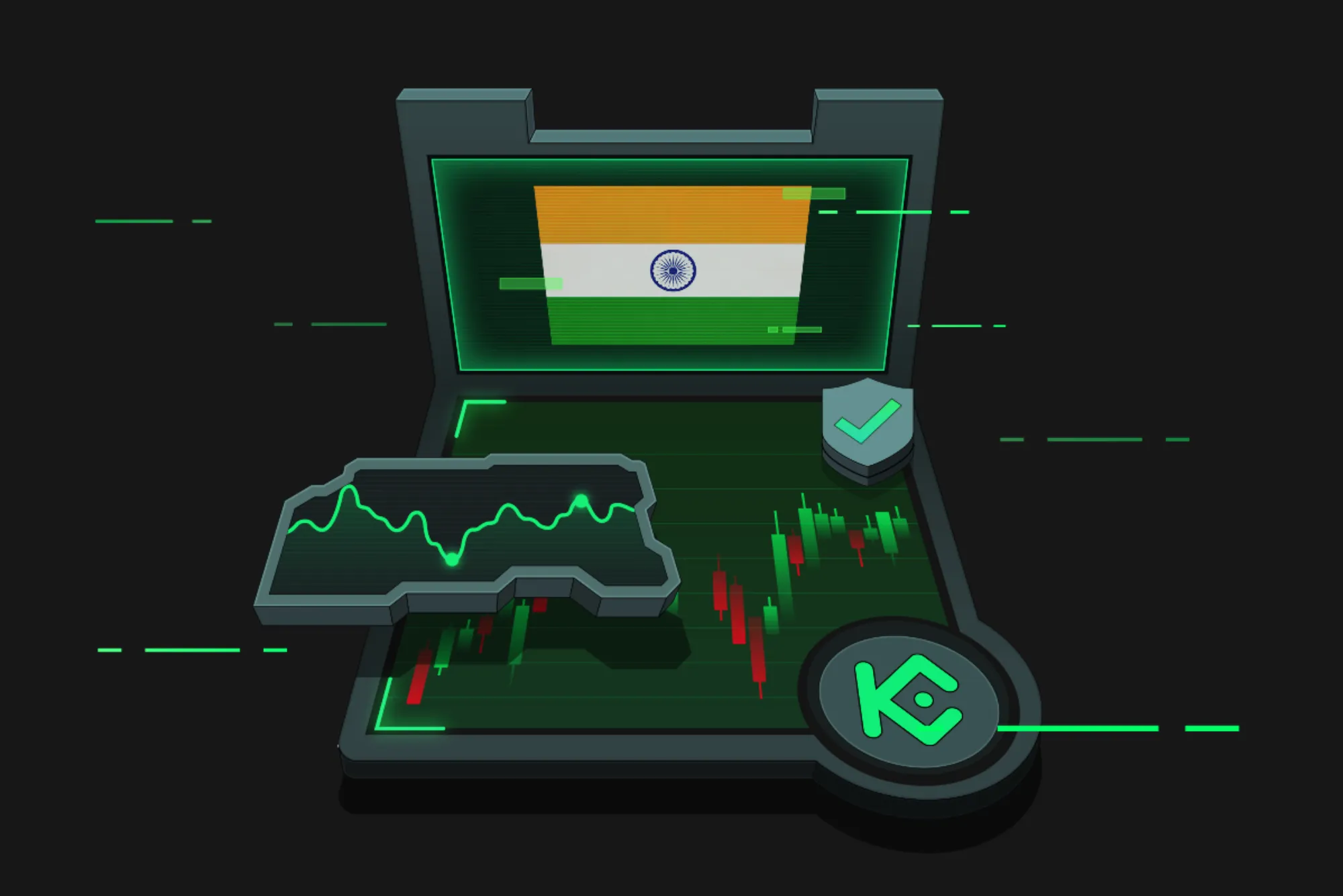How to Trade Cryptocurrency in India
Trading cryptocurrency in India has gained popularity in recent years, with increasing interest from investors and traders. However, navigating the Indian cryptocurrency market can be challenging due to regulatory uncertainties and limited access to platforms. In this guide, we’ll provide you with everything you need to know to start trading cryptocurrency in India, from choosing the right exchange to understanding regulatory requirements.
Understanding the Indian Cryptocurrency Market
Regulatory Landscape
India’s regulatory stance on cryptocurrency has been a subject of debate and uncertainty. While the Supreme Court of India overturned the banking ban on cryptocurrency in 2020, the government is considering introducing new regulations to govern the digital asset space.
Market Dynamics
The Indian cryptocurrency market is characterized by a growing number of exchanges, trading volumes, and investor interest. Despite regulatory challenges, cryptocurrency trading continues to thrive in India, driven by technological advancements and increasing adoption.
Getting Started with Cryptocurrency Trading in India
Choose a Cryptocurrency Exchange
Select a reputable cryptocurrency exchange that operates in India and complies with regulatory requirements. Look for exchanges with a user-friendly interface, competitive fees, and a wide range of digital assets.

Complete KYC Verification
Register for an account on your chosen cryptocurrency exchange and complete the Know Your Customer (KYC) verification process. How to Trade Cryptocurrency in India This may involve providing identification documents and personal information to comply with anti-money laundering (AML) regulations.
Fund Your Account
Deposit funds into your exchange account using Indian Rupees (INR) or other cryptocurrencies. Most Indian exchanges offer multiple deposit options, including bank transfers, UPI, and payment gateways.
Strategies for Cryptocurrency Trading in India
Long-Term Investment
Investing in cryptocurrencies for the long term is a popular strategy among Indian traders and investors. Identify promising projects with strong fundamentals and hold onto your investments for the potential to generate substantial returns over time.
Short-Term Trading
Short-term trading involves buying and selling cryptocurrencies within a short time frame to capitalize on price fluctuations. Indian traders use technical analysis, trading indicators, and market trends to execute profitable trades.
Arbitrage Trading
Arbitrage trading involves exploiting price differences between different cryptocurrency exchanges to profit from market inefficiencies. Indian traders use arbitrage opportunities to buy low on one exchange and sell high on another, taking advantage of price disparities.
Regulations and Legal Framework
Regulatory Environment
The regulatory landscape for cryptocurrency trading in India has been evolving rapidly. While cryptocurrencies are not banned in India, the Reserve Bank of India (RBI) has imposed restrictions on banks dealing with crypto businesses. However, the Supreme Court of India has ruled in favor of cryptocurrency, overturning the RBI’s ban.
Taxation
Cryptocurrency trading in India is subject to taxation. Profits from cryptocurrency trading are treated as capital gains and are taxable based on the holding period. Traders are required to maintain detailed records of their transactions for tax purposes.

Tips for Successful Cryptocurrency Trading in India
Research and Education
Educate yourself about the cryptocurrency market and different trading strategies before diving into trading. Stay informed about market trends, news events, and regulatory developments that may impact cryptocurrency prices.
Security Measures
Prioritize security when trading cryptocurrency in India. Use reputable exchanges with robust security measures, enable two-factor authentication (2FA), and store your digital assets in secure wallets.
Risk Management
Manage your risk effectively by diversifying your portfolio, setting stop-loss orders, and only investing what you can afford to lose. Avoid making impulsive trading decisions based on emotions.
Compliance with Regulations
Ensure that you comply with regulatory requirements and tax obligations when trading cryptocurrency in India. Keep accurate records of your transactions and report your income from cryptocurrency trading to the appropriate authorities.
Cheapest Cryptocurrency To Buy 2021
Cheapest Cryptocurrency To Buy 2021: In 2021, several cryptocurrencies emerged as affordable options for investors seeking low-priced entry points. Among them, Dogecoin, with its meme-inspired origins and low price, gained significant attention. Other cheap cryptocurrencies include Ripple’s XRP, Stellar Lumens (XLM), and Cardano’s ADA, all offering potential for growth at relatively low prices. However, investors should conduct thorough research and consider factors beyond price alone, such as project fundamentals, market trends, and future potential, before making investment decisions in the cheapest cryptocurrencies of 2021.




